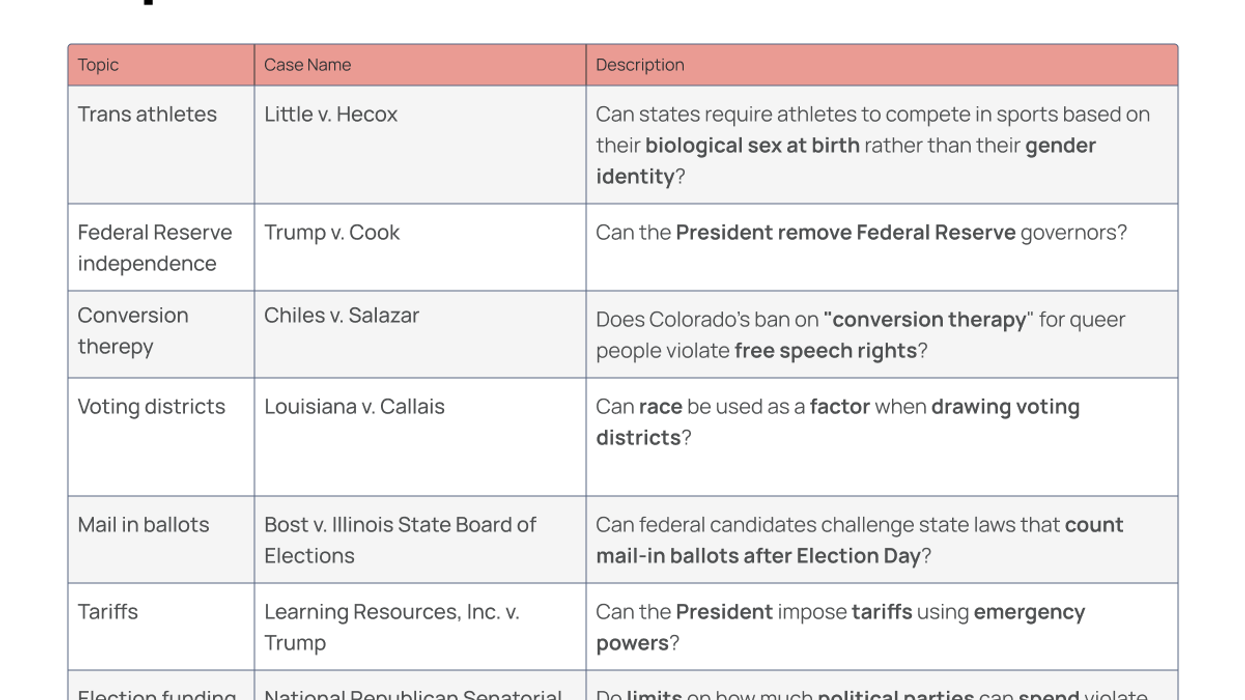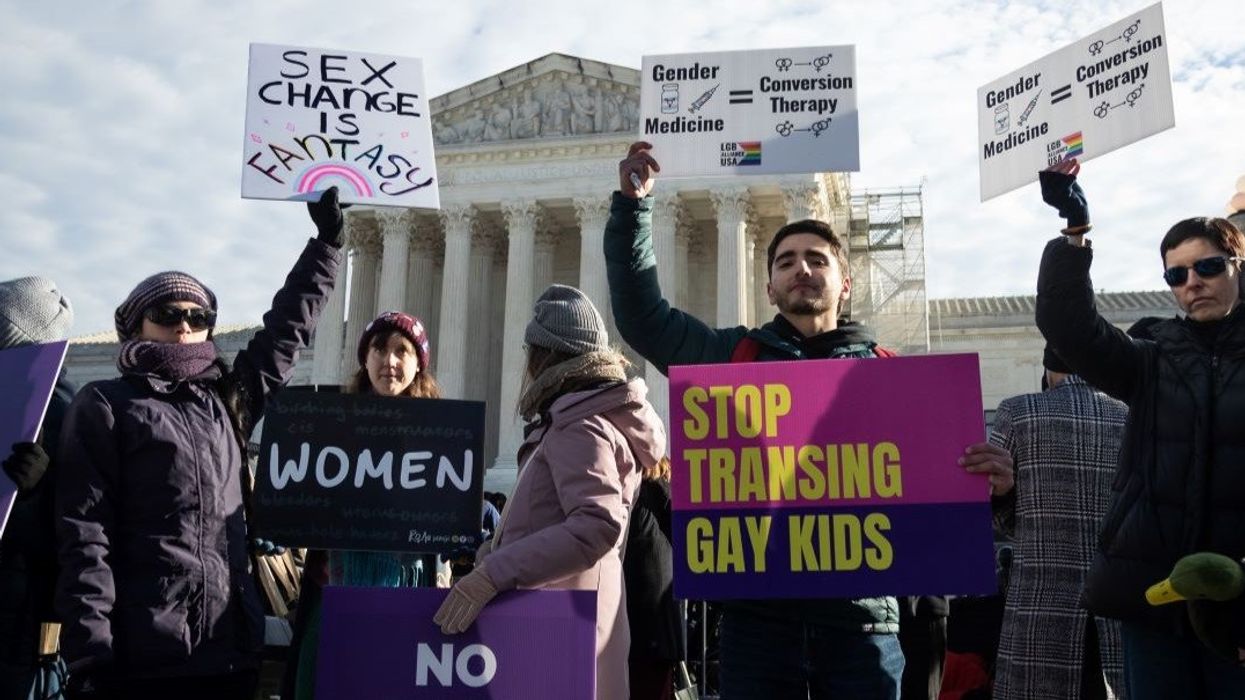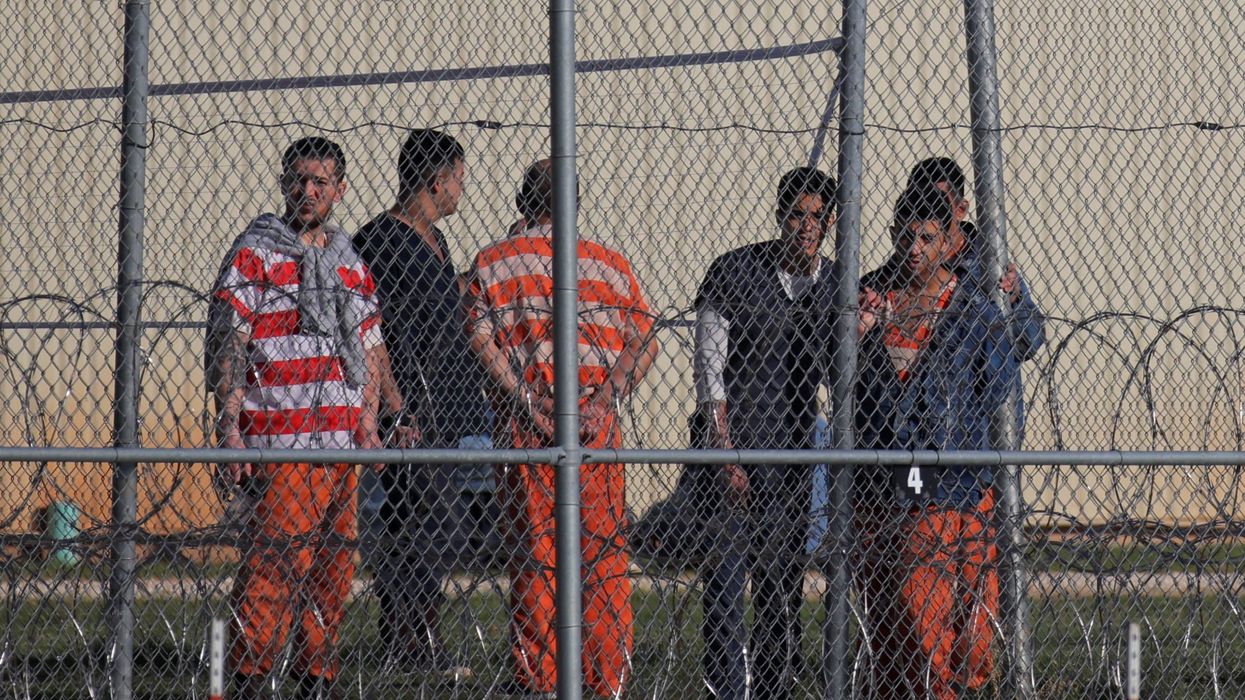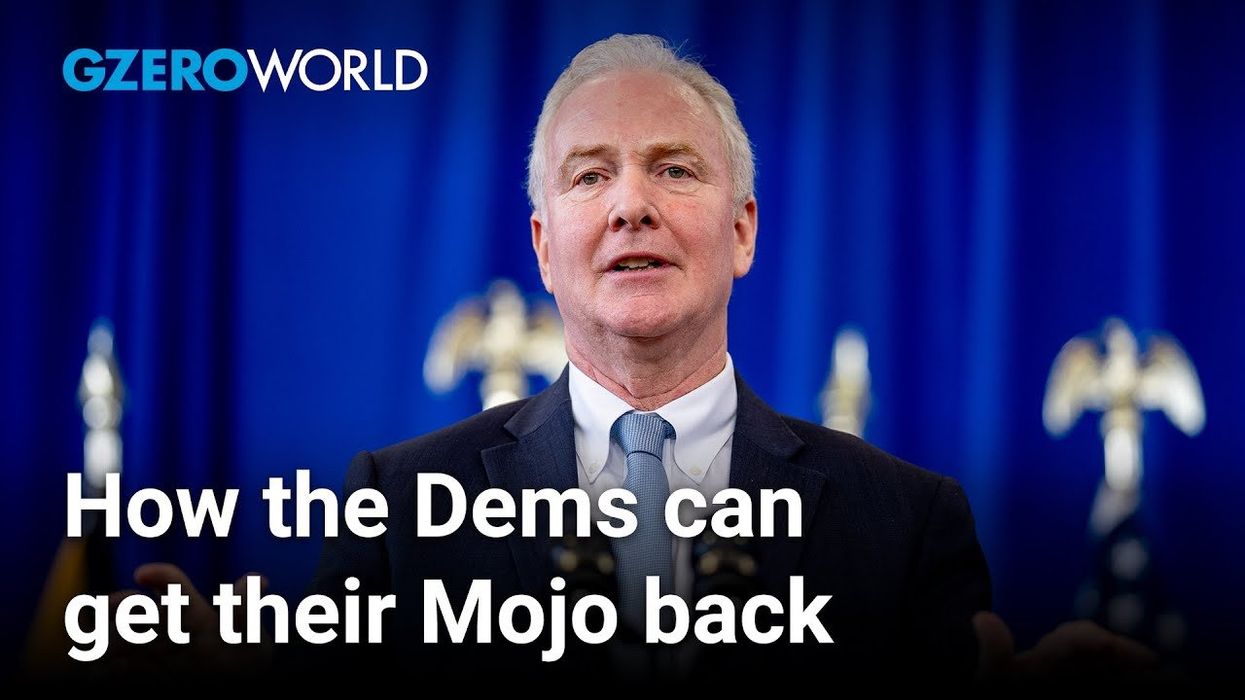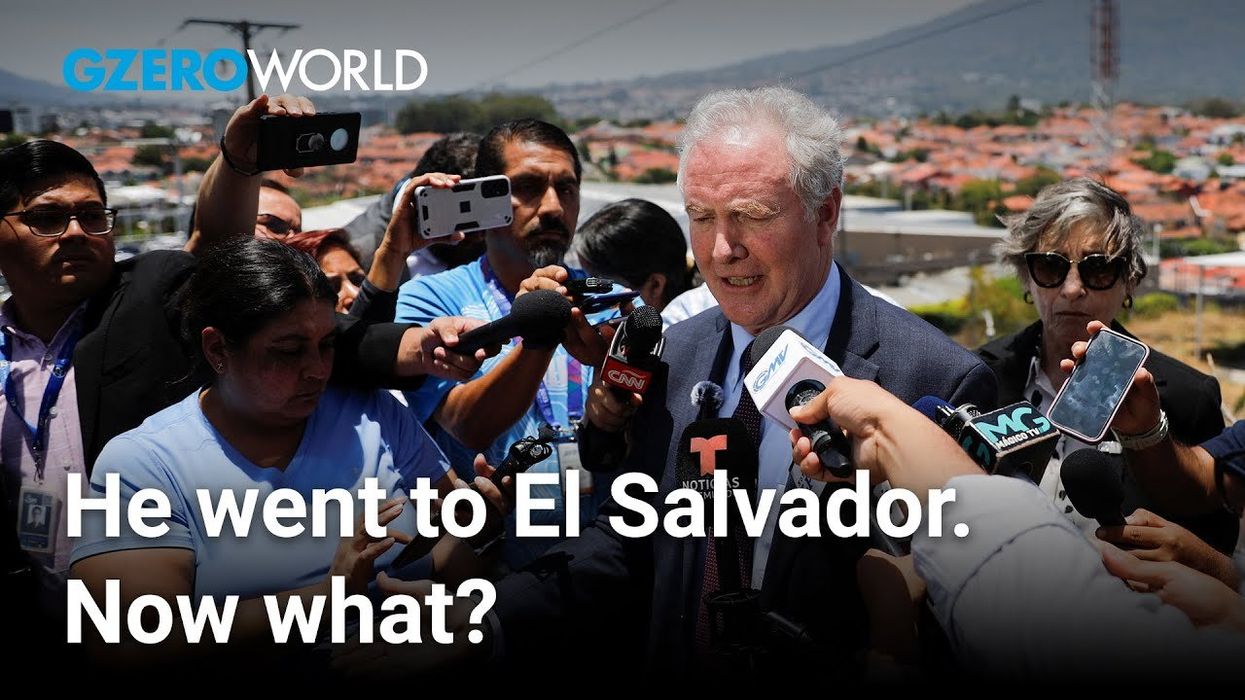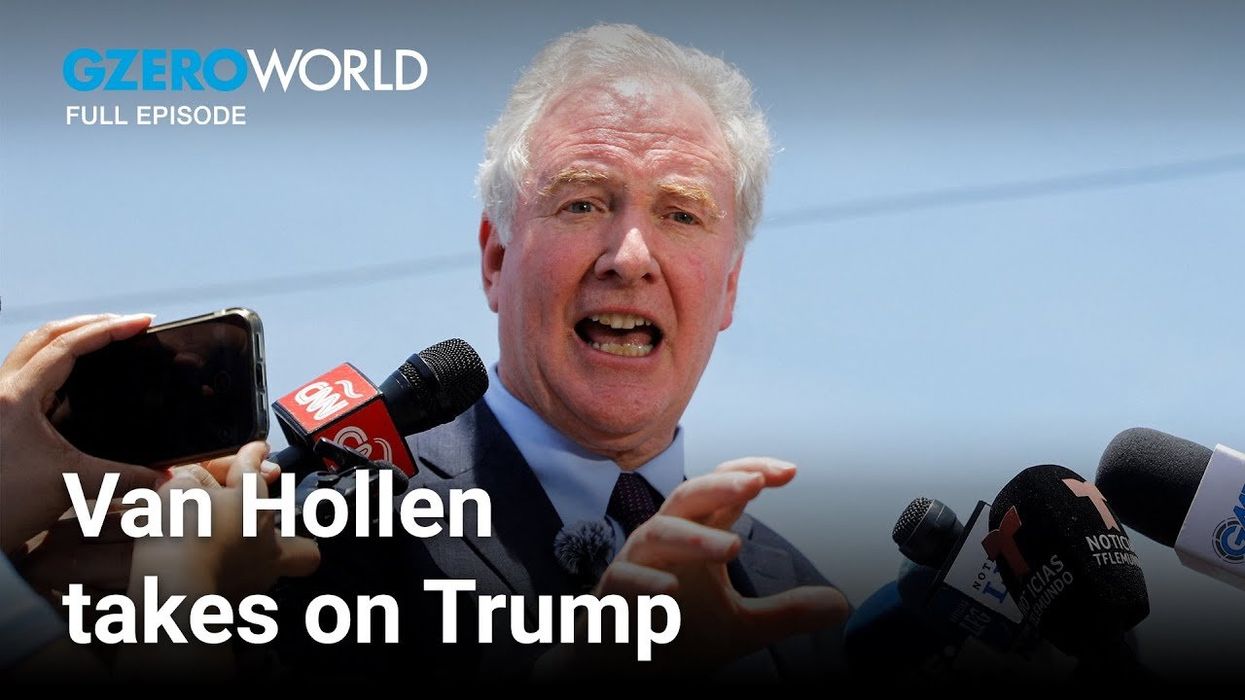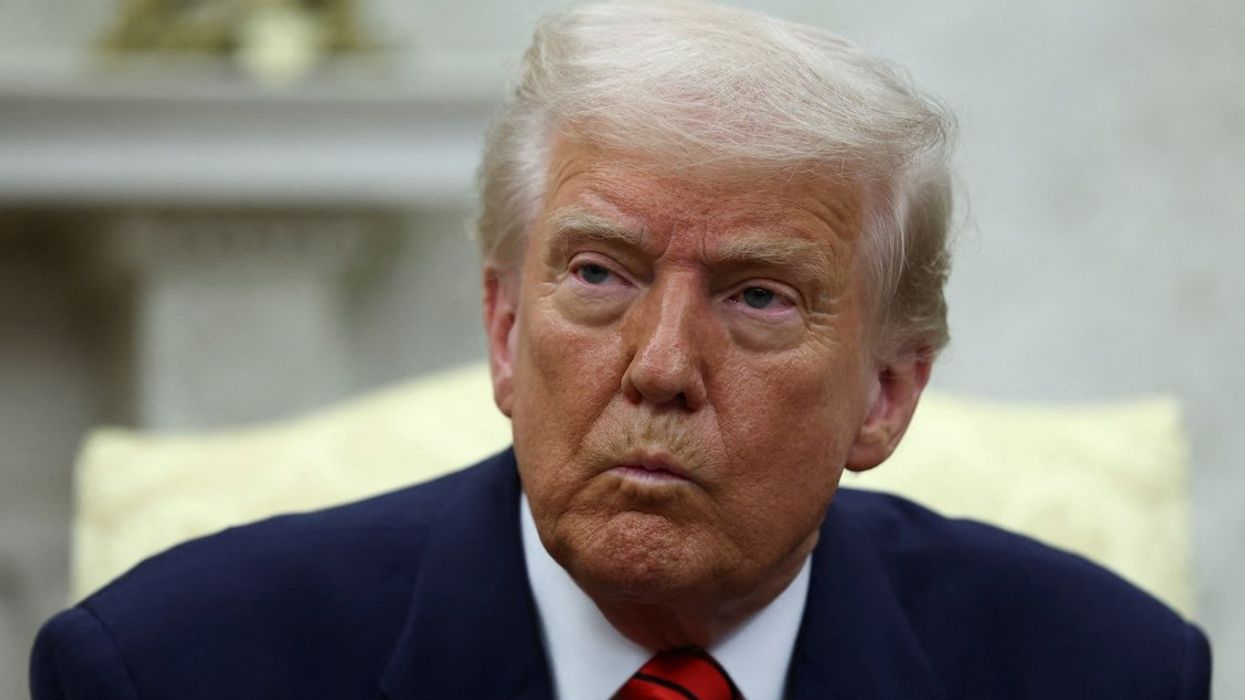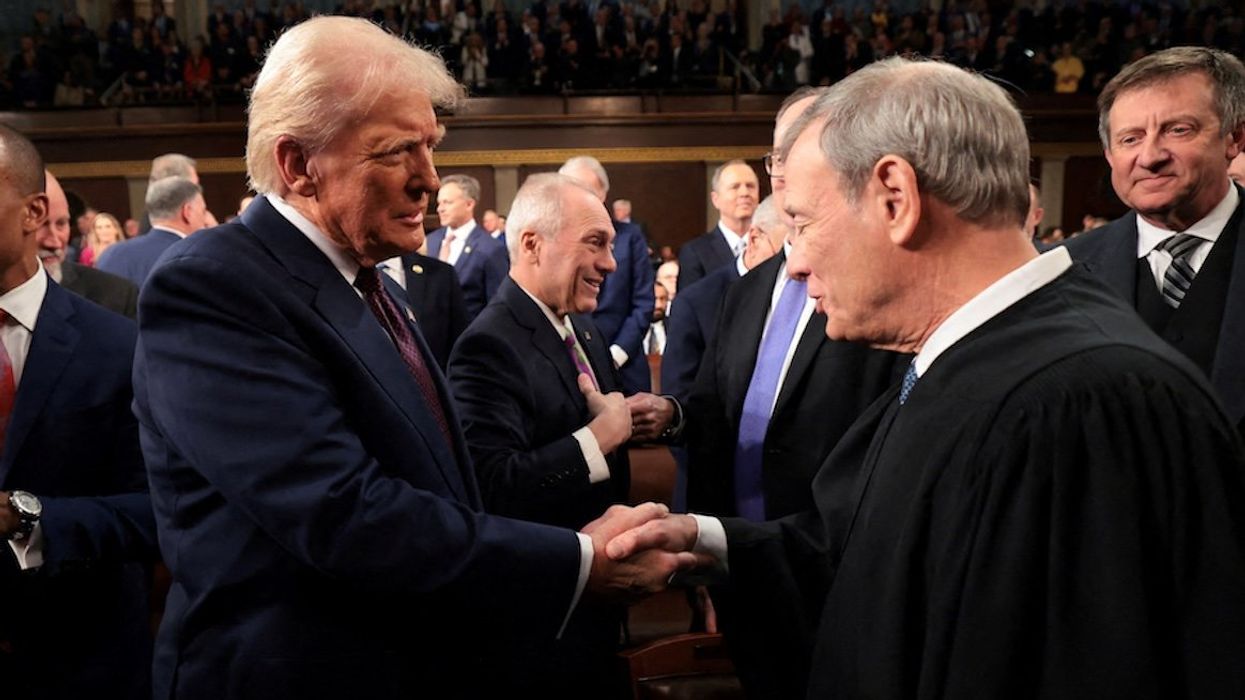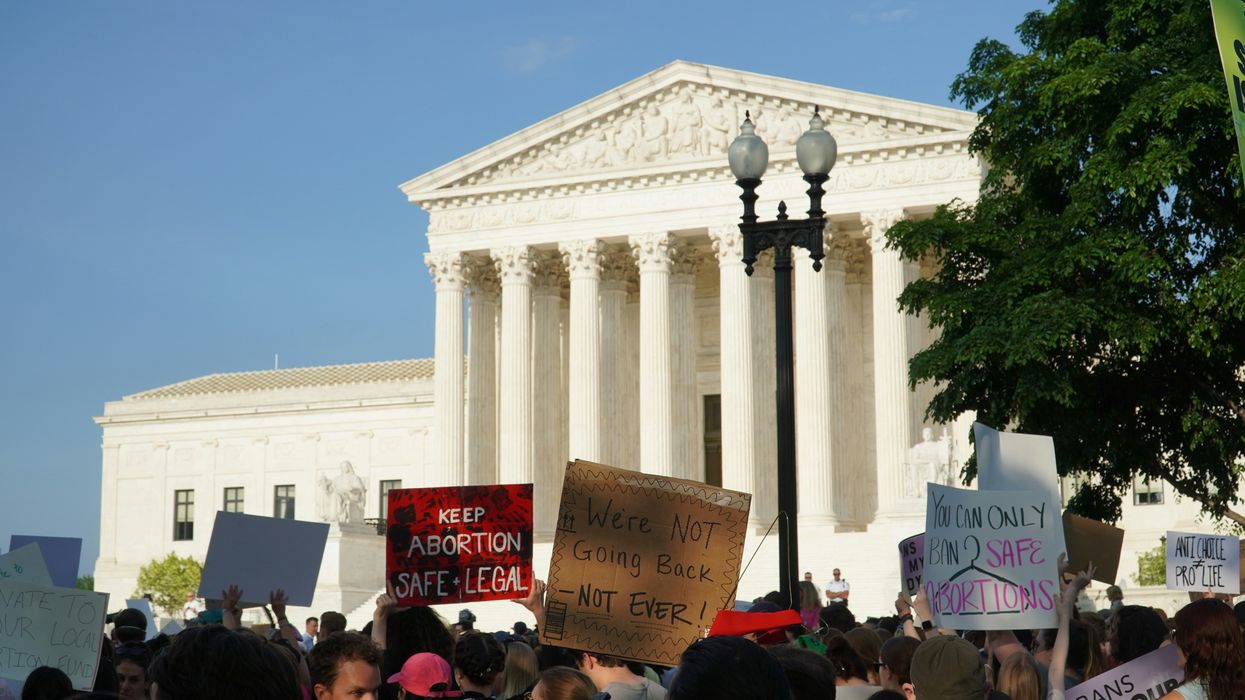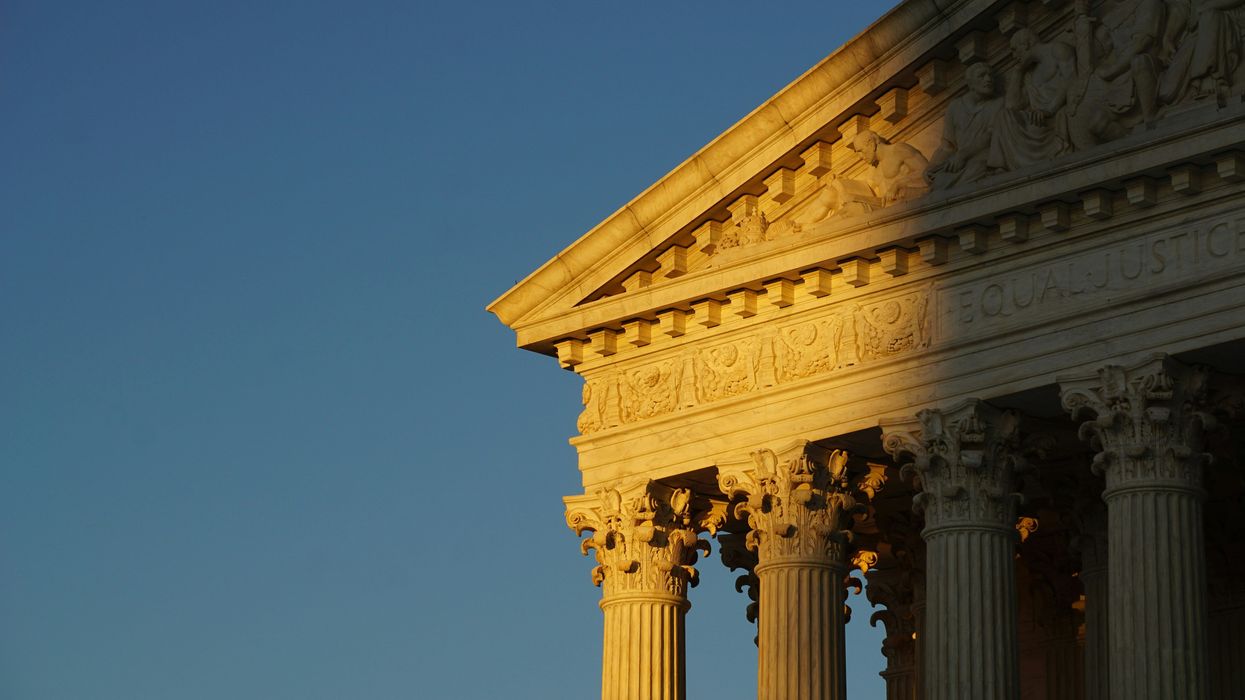Analysis
The three biggest US Supreme Court cases to watch
The 2025 Supreme Court term began this month, ushering in a slate of cases that could reshape American governance. No one will be watching more closely than President Donald Trump, whose efforts to expand executive power and limit independent oversight will be under the judicial microscope.
Oct 15, 2025
